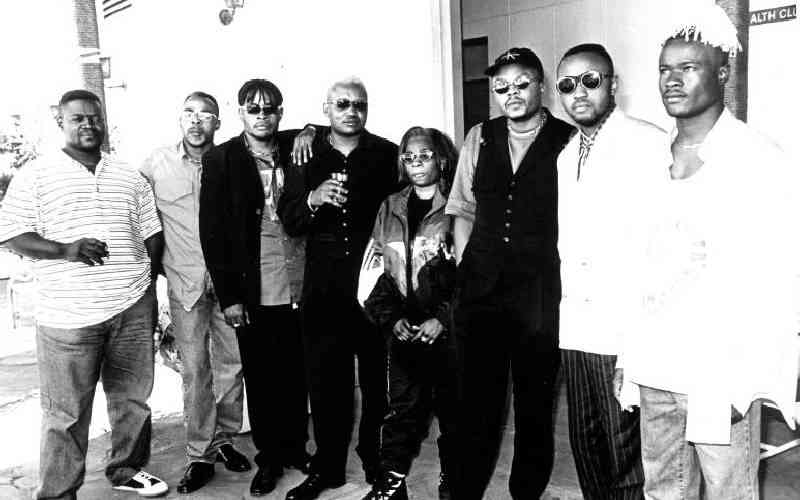
Time is indeed a healer. Twenty-five years after the dramatic split that happened at Carnivore Grounds, Nairobi, and was preceded by a war of words, fistfights, fierce rivalry, dis-tracks and l juju from both fans and band members, the celebrated Wenge Musica BCBG 4x4 are back together - with a bang.
The celebrated group of Congolese musical icons performed today (June 30) in Kinshasa during DRC’s independence day. The concert was graced by President Felix Tshishekedi and was billed as the biggest since the Rumble in Jungle when heavyweight champion Mohammed Ali made light work of George Foreman in 1974.